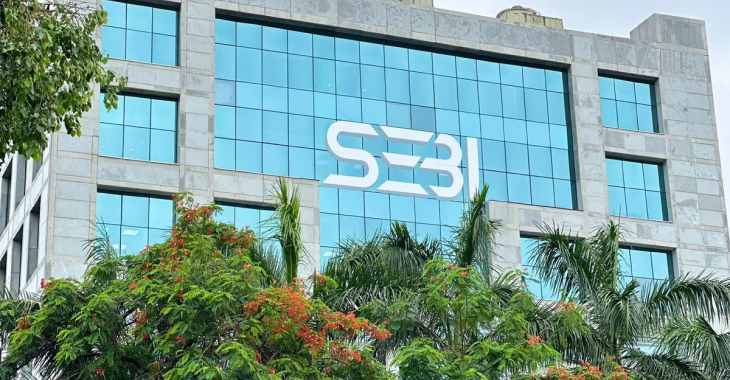Securities and Exchange Board of India (SEBI) is considering bringing financial influencers (finfluencers) under market norms, according to Kamlesh Varshney, a whole-time member of SEBI. Varshney emphasized that SEBI is not opposed to short selling but will not allow naked short selling.
The move to regulate finfluencers comes as the market regulator cracks down on unregistered individuals providing illegal investment advice through social media. Varshney stated, “The first task should be that most of the people (finfluencers) should be in the regulatory net so that it is easy to monitor them.” SEBI aims to make regulatory changes based on industry inputs to ensure compliance.
Varshney addressed concerns about frequent rule changes, stating that SEBI adopts a balanced approach, considering the need for regulatory action in areas of emerging risks. Varshney also restated SEBI’s position on the practice of short-selling securities, a matter that gained attention amid the Adani-Hindenburg controversy.
He said, “First of all, I fully agree that there is nothing wrong in short selling. In fact, if you remember, this particular issue came up before the Supreme Court and while this issue was being examined, Sebi also exactly said the same thing that short selling should not be banned,” Varshney said.”
Discussing recent regulatory measures, Varshney mentioned SEBI’s July circular mandating brokers to upstream client funds, aiming to prevent misuse. He explained that segregating client funds in separate bank accounts eliminates intermingling with broker funds and reduces abuse utilization risk.
Regarding the US Securities Exchange Commission’s decision to allow Bitcoins, Varshney clarified that SEBI is not mandated to regulate cryptocurrencies. He noted that the final decision should come from the concerned ministry in India, considering the local environment. Varshney emphasized that the US SEC’s decision does not automatically apply to India, stating, “Certainly, Indian regulators will take the US SEC’s decision as an input, but the final call must be based on the environment in India.”



![[CITYPNG.COM]White Google Play PlayStore Logo – 1500×1500](https://startupnews.fyi/wp-content/uploads/2025/08/CITYPNG.COMWhite-Google-Play-PlayStore-Logo-1500x1500-1-630x630.png)